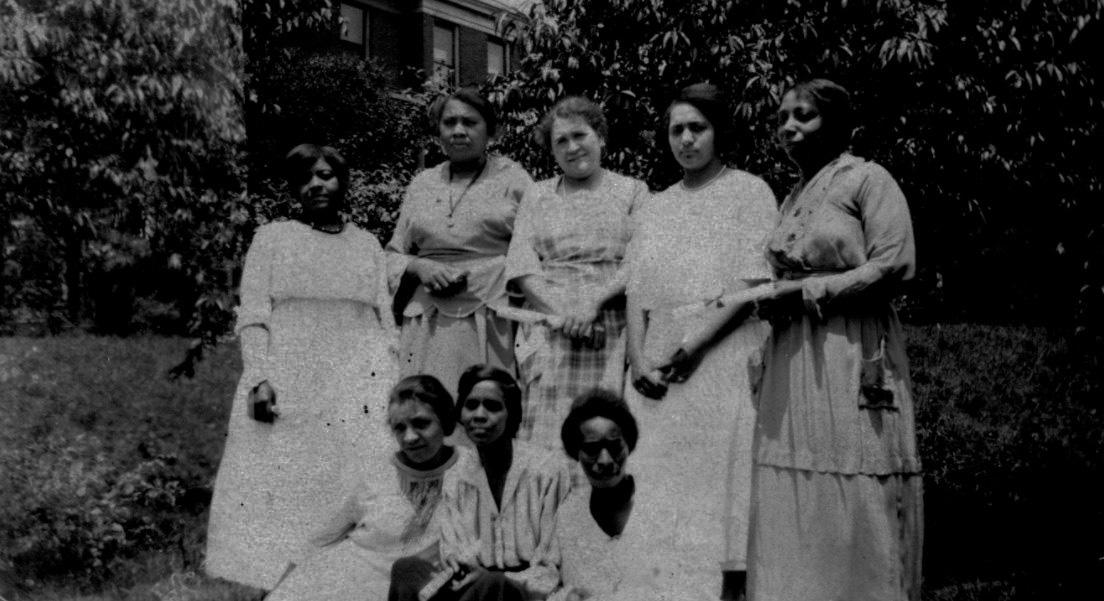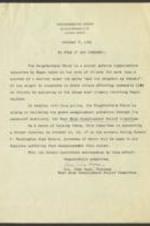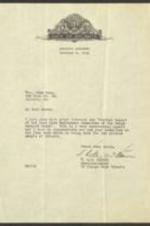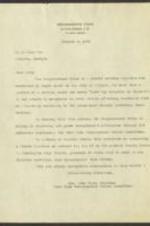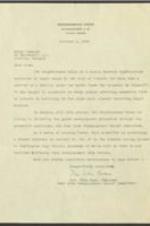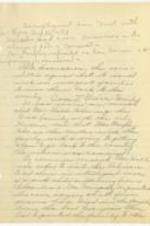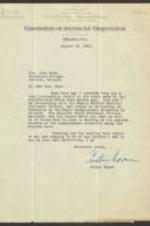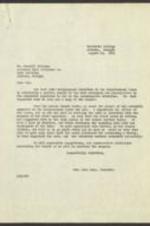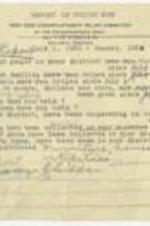Neighborhood Union Collection
Neighborhood Union Collection
Neighborhood Union Collection
Neighborhood Union Collection
Neighborhood Union Collection
Neighborhood Union Collection
Neighborhood Union Collection
Neighborhood Union Collection
Neighborhood Union Collection
Neighborhood Union Collection
Neighborhood Union Collection
Neighborhood Union Collection
Neighborhood Union Collection
Neighborhood Union Collection
Neighborhood Union Collection
Neighborhood Union Collection
Neighborhood Union Collection

